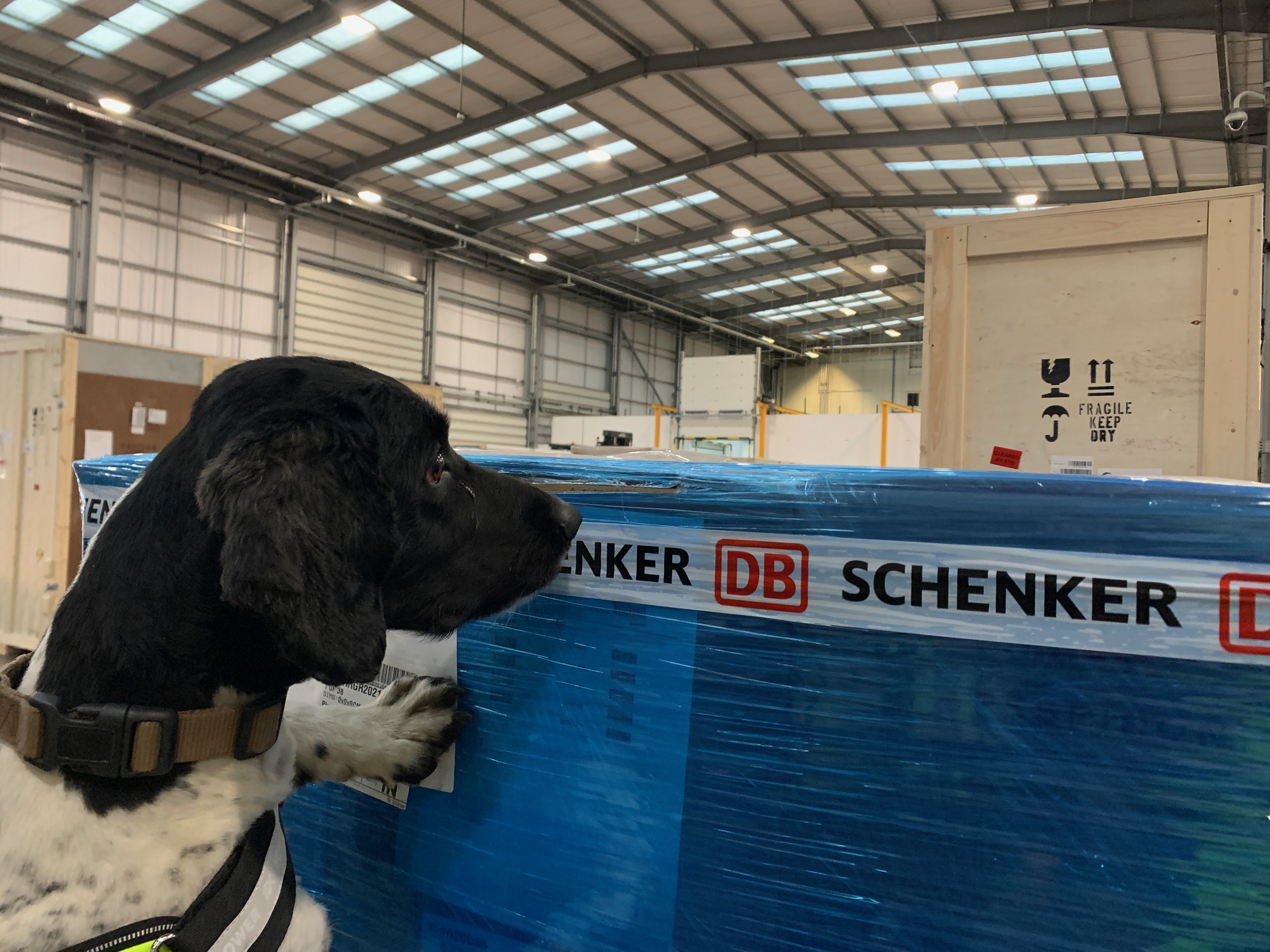Rolls-Royce is struggling with persistent supply chain issues that are impacting its engine production and maintenance schedules, forcing British Airways (BA) to cancel flights on one of its most popular transatlantic routes. Starting December 12th, British Airways will suspend all flights between London Gatwick and New York’s JFK Airport until March 25, 2025, in response to the engine shortages. The airline cites logistical bottlenecks within Rolls-Royce’s supply chain as a key factor driving this decision.
The supply chain issues stem from a combination of raw material shortages, logistics challenges, and delays in the global delivery of engine components. Rolls-Royce, which supplies engines for BA’s long-haul aircraft, has been unable to meet rising demand due to constraints in sourcing critical materials like titanium and specialized electronic components. The company’s supply chain delays are affecting its ability to deliver new engines and complete necessary maintenance on existing ones, forcing BA to make operational adjustments.
British Airways expressed regret over the cancellation of flights, acknowledging the disruption this will cause for passengers, particularly during the busy holiday season. In a statement, the airline said, “We understand the inconvenience this decision will bring to our customers, but we are committed to minimizing any potential disruptions in our wider network as Rolls-Royce works to resolve the engine supply constraints.”
The logistical issues at Rolls-Royce extend beyond production to affect global transportation networks. Transportation of engine parts from manufacturing centers has been impacted by delays at major ports, compounded by a global shortage of freight space and skilled logistics personnel. This is causing a ripple effect that has slowed the assembly and distribution of engines for critical routes. The logistical logjam has hindered Rolls-Royce’s ability to meet the maintenance schedules BA requires to operate its transatlantic fleet, particularly affecting the Boeing 787 Dreamliners, which rely on Rolls-Royce’s fuel-efficient engines.
A Rolls-Royce spokesperson told us: “We take the industry-wide issue that the aerospace supply chain is currently dealing with extremely seriously. We’ve introduced a number of initiatives to reduce the impact on our customers. We’ve already introduced measures that allow us to respond more quickly to issues, such as integrating our Procurement and Supplier Management teams, sharing our own raw material stocks to tackle shortages, and hiring people to work in supplier organisations; one of our most impacted suppliers currently has almost 50 Rolls-Royce supply chain staff dedicated to driving their recovery.”
“These changes are already having a positive impact. So far this year, we’ve increased Trent 1000 supply chain output by a third, making more components available and minimising the time engines spend in our Maintenance, Repair and Overhaul (MRO) centres. We’re confident that these bold changes coupled with our long-term investment plans will provide continuous improvement for our customers. In addition, our first stage Durability Enhancement package for the Trent 1000 is in the final stages of certification and will more than double engine time on wing, while a second package of enhancements will deliver a further improvement of up to 30%.”
“Whilst this is not an MRO capacity issue, we know that demand will increase in the future. So, we have allocated additional investment this year to ensure we can meet that demand, creating some short-term surge capacity and allowing us to approximately double our MRO capacity by 2030. This will ensure scheduled maintenance, such as that of the British Airways Trent 1000 fleet, can be conducted as efficiently as possible.”
To mitigate further disruptions, British Airways is rerouting some aircraft and adjusting maintenance schedules for other key transatlantic routes. However, the Gatwick-JFK route was identified as the most feasible to suspend temporarily, with BA hoping to reinstate the route by late March once supply chain stability is restored.
Impact on Cargo Operations
The supply chain disruptions at Rolls-Royce are not only affecting passenger flights but are also having a notable impact on cargo operations. With fewer engines available for maintenance and replacement, cargo planes that use Rolls-Royce engines are also experiencing delays, exacerbating issues in global logistics.
Cargo flights, particularly those that transport high-value or time-sensitive goods, are now facing potential delays as maintenance timelines for Rolls-Royce-powered planes are stretched. This challenge has introduced additional uncertainty in an already pressured global logistics system, which has seen demand spikes due to increased e-commerce activity and seasonal holiday shipments. The limitations have forced cargo operators to reconfigure routing and adjust freight schedules to minimize disruptions to supply chains reliant on timely delivery.
Moreover, freight forwarding companies that depend on reliable transatlantic cargo services are now dealing with increased costs due to limited cargo space, as fewer available aircraft intensify competition for slots. For businesses relying on air freight to move high-demand items—such as electronics, pharmaceuticals, and perishable goods—these delays can lead to supply shortages, price increases, and missed delivery deadlines.
Broader Implications for the Industry
Industry experts warn that the Rolls-Royce delays reflect broader issues in the aerospace sector, as companies grapple with post-pandemic demand surges and logistics backlogs. With many components needing precision engineering and long-distance shipping, the aerospace industry is especially vulnerable to supply chain breakdowns. Analyst Ian Campbell from Aviation Logistics Group explains, “The challenges Rolls-Royce is facing are significant, as aerospace supply chains are finely tuned. Even minor disruptions can escalate into major logistical challenges.”
This incident is prompting British Airways and other airlines to explore diversifying engine suppliers and maintenance partners to reduce dependency on single sources. It also raises questions about supply chain resilience in the aerospace industry, with many advocating for increased investment in logistics technologies and multi-source supply chains to buffer against future disruptions.








